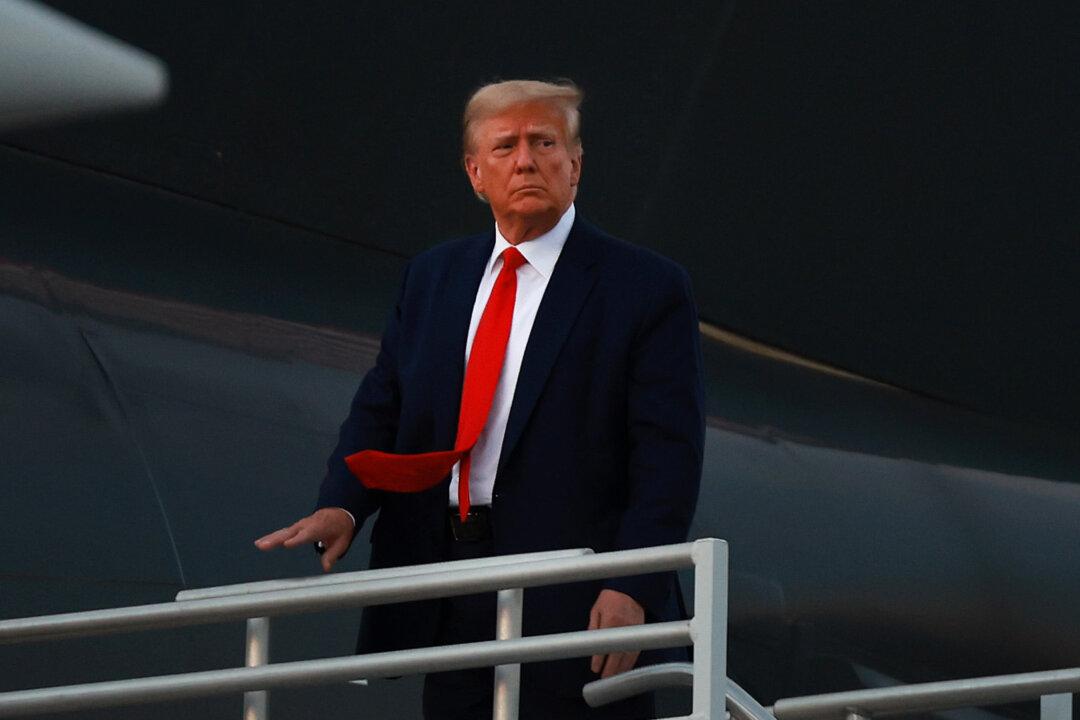News Analysis
Federal District Judge Tanya Chutkan has set a particularly tight trial date in the District of Columbia case against former President Donald Trump, according to several lawyers.

Federal District Judge Tanya Chutkan has set a particularly tight trial date in the District of Columbia case against former President Donald Trump, according to several lawyers.